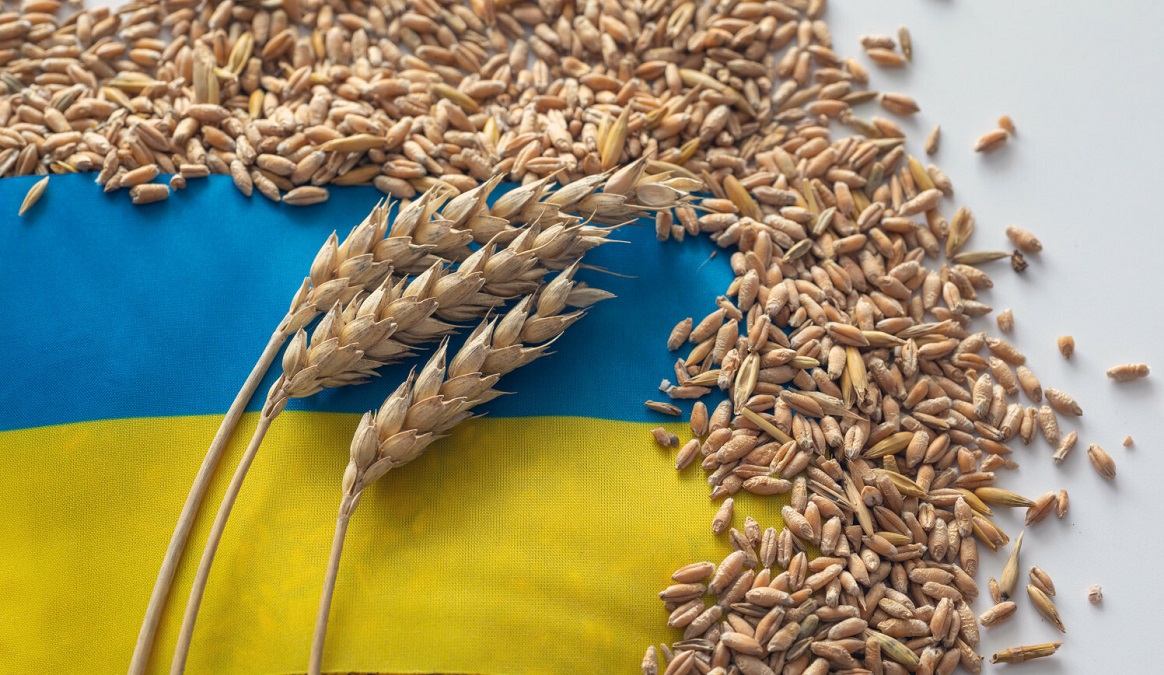The Commodities Feed: Black Sea grain deal extended

It was a risk-on move across markets yesterday with optimism growing that a deal will be made on the US debt ceiling. This saw ICE Brent close more than 2.7% higher on the day. The oil market continues to be driven by external developments, rather than fundamentals.
The market ignored a largely bearish EIA inventory report. US commercial crude oil inventories increased by 5.04MMbbls over the week, which was more than the 3.69MMbbls build reported by the API the previous day and also more than the market was expecting. It is also the largest weekly crude build since mid-February. The changes in refined product stocks were also underwhelming, with gasoline inventories falling by just 1.38MMbbls, whilst distillate stocks increased by 80Mbbls. Demand also disappointed. Implied demand fell by 606Mbbls/d over the week. Declines were seen in gasoline, distillates and jet fuel, although for now, the 4-week average for implied gasoline and jet fuel demand is still above seasonal norms. The 4-week average for implied distillates demand has, however, dipped below the 5-year average for this time of year.
The European gas market remains under pressure with prompt TTF falling closer towards EUR30/MWh and this is on the back of growing confidence in a comfortable balance. EU gas storage is a little over 64% full at the moment, well above the 41% seen at the same stage last year and above the 5-year average of 46%. The pressure at the front end of the TTF curve is also starting to put a lot more pressure on 2023/24 winter prices. Up until recently these forwards were holding up relatively well given concern over the balance through the 2023/24 winter. However, more recent changes in the forward curve suggest the market is becoming less concerned about the next heating season.
The Black Sea grain deal was extended for an additional 2 months, which will help ease some supply concerns in the market. However, given the short extension, the market will have to continue to deal with uncertainty over what happens next. When the Black Sea Grain Initiative was first implemented, the idea was that the deal would run for 120-day periods. An extension to the deal also does not mean that grains will flow freely. Ukraine has said that flows have slowed significantly due to issues around inspections. However, news of the extension still saw CBOT wheat settling 3.4% lower yesterday.
Read also
Wheat in Southern Brazil Impacted by Dry Weather and Frosts
Oilseed Industry. Leaders and Strategies in the Times of a Great Change
Black Sea & Danube Region: Oilseed and Vegoil Markets Within Ongoing Transfor...
Serbia. The drought will cause extremely high losses for farmers this year
2023/24 Safrinha Corn in Brazil 91% Harvested
Write to us
Our manager will contact you soon



